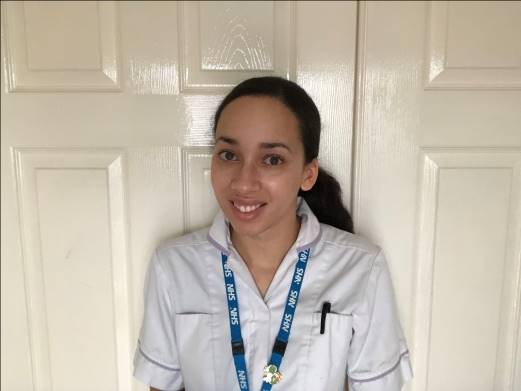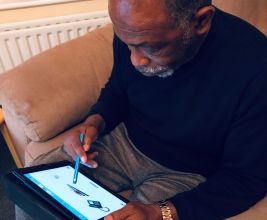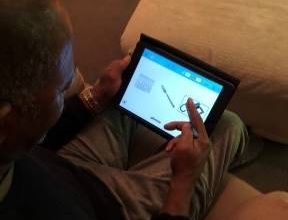
Laura Thomas - Aphasia
In a nutshell, I love language.
Words, phrases and discourse fascinate me! Why is it we speak the way we do? Where did all those words come from? How easy is it to invent a new word and cement it into the dictionary? How do our brains store and understand on average 20,000 words? How do we organise words in to sequences to form complex and grammatically intact sentences and questions? How do we reel those sentences off at approximately 100 words a minute?
I have all these questions, yet there is still so much I don’t know about language.
I do know one thing. When a person loses the ability to use language, the effects can be devastating. Aphasia is the term used for language impairment. The Stroke Association estimates approximately 350,000 people live with aphasia in the UK.
My role as a speech and language therapist in a community stroke team gives me incredible insights in to the everyday struggles a person with aphasia faces. Struggles such as being able to say their own name, saying “I love you” to a partner, being able to use the telephone, being able to write a birthday card, realising they may not be able to go back to that customer facing role that they have loved working in for years and so many others.
I really value being able to take the time to help people use other forms of communication, known as Total Communication. Use everything you have to your advantage – your facial expressions, gestures, say the first sound, write the first letter, pointing! I love seeing a person’s face when they discover that, even if they can’t say the word, they can write it down or produce a rough sketch of the object in mind! It’s like I can almost see the relief wash over them.
Therapy has progressed so much, even within the last seven years since I qualified. I like to use aphasia therapy apps with the people I work with, even if they are in their 90s!
I have included some pictures of my Dad, who has aphasia, demonstrating one of my favourite apps, as well as his more traditional communication book. It gives me a great sense of achievement when I see a person with aphasia, who wasn’t able to follow simple one stage commands, progress to matching spoken or written words to pictures consistently using the app. I am under no illusion that therapy is guaranteed to work for all people with aphasia. But what I can offer is advice and emotional support to those people in the person’s support network and teach them strategies to communicate with their loved one.
It really is a journey but I only get to work with a person for a short amount of time. One of the greatest achievements for me, is being able to empower the person with aphasia to continue that journey with support from their loved ones, friends or carers. That is the power of speech and language therapy.
Find us on Twitter with @ADSS_Therapy


